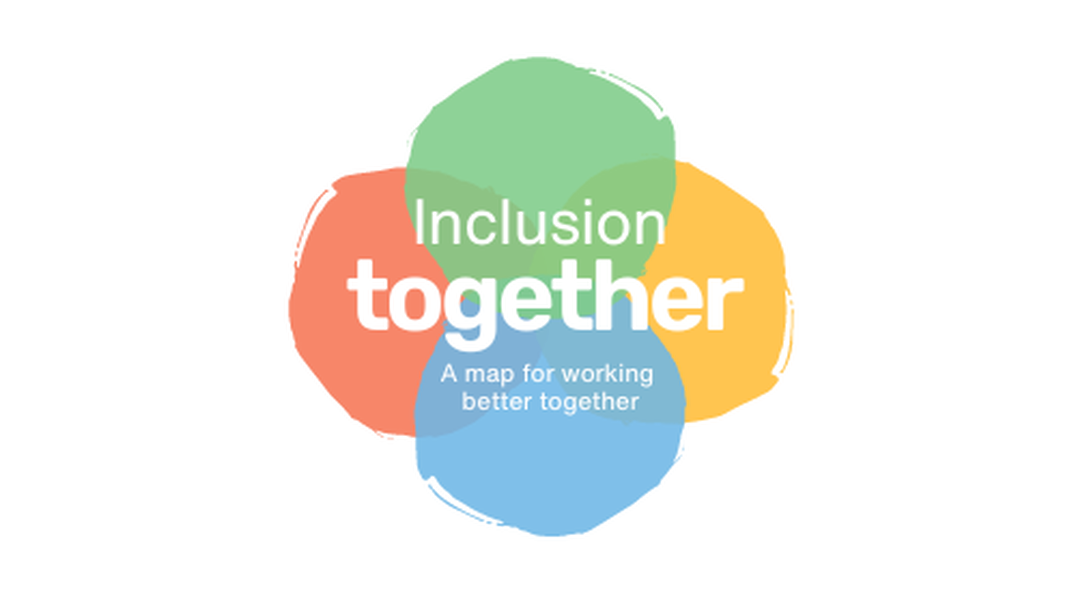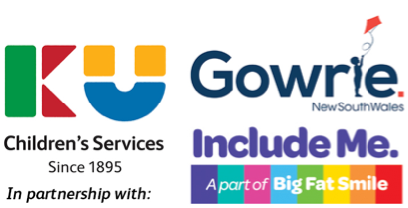
Listening to Every Child’s Voice
1 November 2021How do we hear children who are non-verbal or pre-verbal?
As a next stage of the Inclusion Agency Children’s Voices project, we have been speaking with services about how they gather, listen and respond to the voices of children where children are pre-verbal or non-verbal. Following is one example of a service who have focused on ensuring the pre-verbal and non-verbal voices of children are heard.
Sandon Point Children’s Centre has placed great importance on listening to children and creating an inclusive environment where everyone in the community is supported to use their voice. We model listening, with one another and with the children. When children observe their educators treating everyone with equal respect, they are more likely to exercise this in their own interactions.
Our philosophy is grounded in our view of every child as a competent, capable, resourceful agent in their play and learning, with many skills and abilities. We aim to create an environment where children are valued and respected as individuals, encouraged to express their identity, and experience a true sense of belonging.
Listening takes many forms and we focus on:
- Developing relationships and working in partnership with families to learn about their culture and ways of communicating
- Observing the way children interact with resources, the environment and each other
- Becoming attuned to children’s non-verbal cues including behaviour, vocalisations, gestures, and facial expressions
- Using Key Word Signs
- Using visual supports
Children’s voices are recorded in our written observations. We document direct quotes and descriptions of gestures and vocalisations to preserve the validity of children’s communication.
Our educational program is evaluated in relation to children’s involvement and engagement. Educators reflect on resources and experiences, their success and whether they need to be adapted.
Our team have upskilled new educators by ensuring they learn to use Key Word Sign and visual supports. The children also play an important a role in teaching new educators how to use these communication systems.
With children under two, we have found that building secure relationships and attachments is the ultimate key to understanding their voice. Though pre-verbal, the children express themselves in meaningful ways and educators understanding what they are trying to communicate makes all the difference for a calm, respectful learning environment.
Non-verbal and pre-verbal children may communicate through gesture, vocalisations, facial expressions, Key Word Signs or the use of visual supports. As a relationship is built between educator and child, the educator becomes attuned to the child’s style of communication.
We use Key Word Sign with children of all ages and have found it a useful tool. We have also received feedback from families about their children’s frustration being reduced as they use signing at home.
We received the Inclusion Agency’s Children’s Voices publication and reflected on ways to further maximise each child’s ability to communicate within our service. This led to changes in our practice, such as slowing down routines and adding more visual supports for all children.
Your Inclusion Professional can support you to include the voices of all children. Click here to read more about the Inclusion Agency’s Children’s Voices project and download the Children’s Voices: a reflective resource for educators.

The Australian Government funded NSW/ACT Inclusion Agency is managed by KU Children’s Services, in partnership with Include Me and Gowrie NSW.